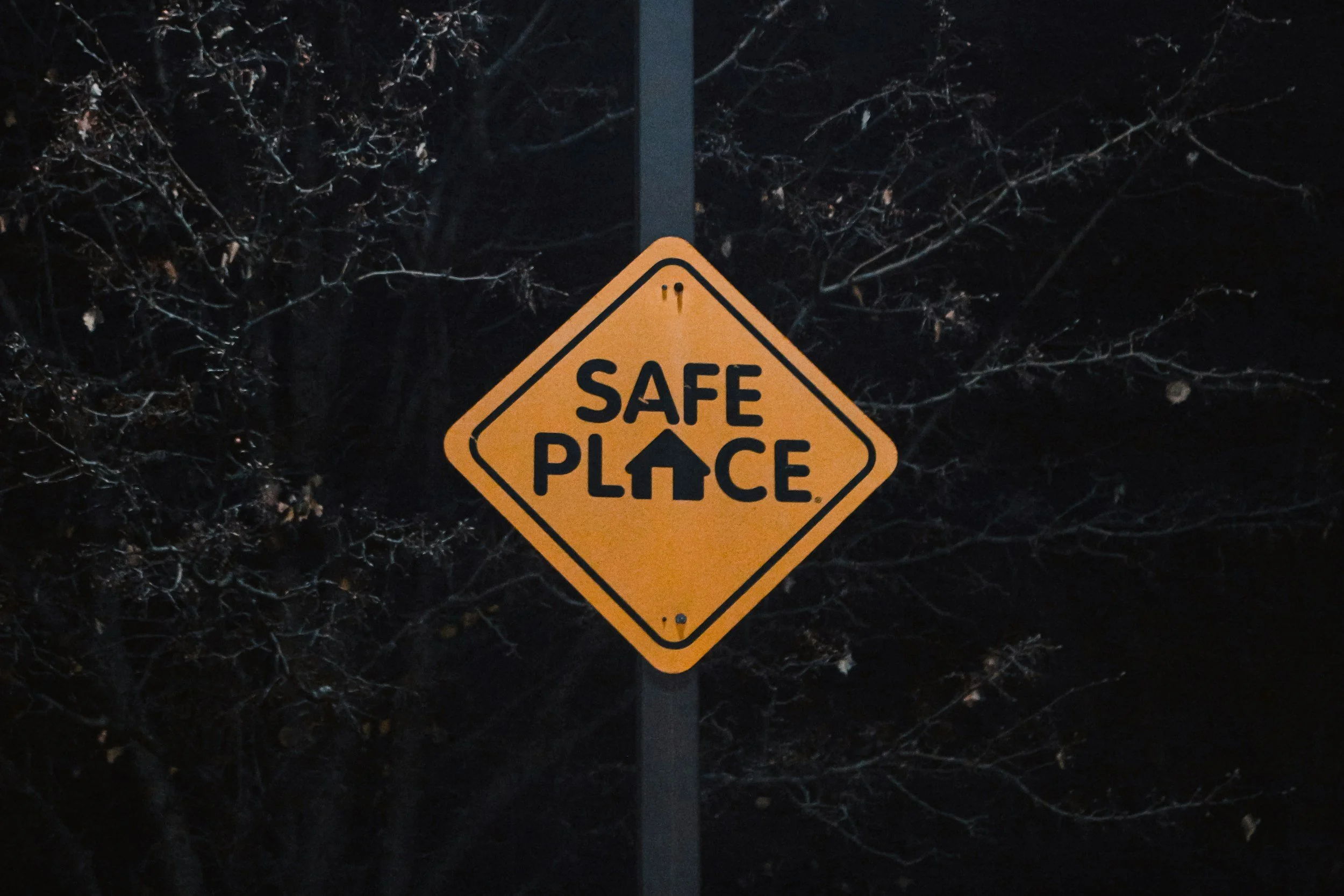Being Safe with Your Holistic Practitioner: What That Really Means
It all begins with an idea.
I've been lucky enough to receive some amazing testimonials from my Remote Reiki clients recently, and honestly, they've been both wonderful and eye-opening. What really jumped out at me was that more than one of my clients specifically mentioned feeling 'safe' during their sessions with me. Which is interesting because they are entirely Remote, not even connected via technology.
This got me thinking. I've always talked about Reiki as a 'safe practice,' but I've realised I was only seeing part of the picture. Yes, it’s physically safe – the hands-off approach means there's no risk to your body. But as something that works with 'body, mind and soul,' I was surprised at myself for missing the bigger safety conversation.
And I should know better. With my background in coaching, supervision, and a Masters in organisational psychology steeped in psychoanalytic theory, I more than anyone understand that safety isn't just about physical safety.
What Real Safety Looks Like in Holistic Practice
Emotional Safety
As both a coach and Reiki practitioner, I'm often trusted with people's deepest fears, anxieties and life experiences. My clients need to know that I can handle whatever they share without it affecting me or triggering my own issues. There's nothing more unsettling for someone than worrying that their problems have caused problems for someone else.
Let's say a client shares a history of abuse, and I happen to have a similar history. I need to be sure that this will not stir up my own trauma and that I can hold this information for my client and keep my own position neutral. This is extreme, and thankfully not my story but still I have other things that I often see reflected back to me from my clients. Therefore, it is really important I hold myself to account through daily self-work, regular check-ins, seeing my own therapist, and being my own emotional regulator. I must be emotionally robust enough to hold that space.
Understanding Trauma
Sometimes energy work can release long-held pain, emotion, and trauma, leading to physical or mental responses. I need to know how to handle this and exactly what to do if a client experiences retraumatisation or a significant emotional response. Being trauma-informed and confident in my ability to hold this space is crucial for keeping clients emotionally safe.
Boundaries Matter
Boundaries are essential for keeping clients physically and spiritually safe. They create what's called 'containment' – think of how a primary caregiver provides a safe container for a baby's anxiety, processing it and giving it back in a more manageable way.
This looks like being clear and consistent with appointment times, explaining what happens with missed appointments and following through, being strict with start and finish times, and being thoughtful about who becomes a client. It can be tough when friends and family want treatment, but when we're dealing with deep stuff, we must think about the ethics too. When boundaries blur, emotional and spiritual safety gets compromised, and power imbalances can occur.
Safety to Be Yourself
This one was recently brought to my attention by someone in my network who shared their experiences of feeling unwelcome or unsafe in holistic spaces as a member of the transgender community. It made me realise I wasn't sure how to clearly communicate that I'm a safe space for those who often aren't welcomed elsewhere. I'm on my own learning journey here and look forward to understanding more about how to be truly inclusive.
The Bottom Line
These are my thoughts on safety in the holistic space, and most importantly, I'm always learning – that's what keeps both me and my clients safe. When you're looking for a holistic practitioner, don't just ask if their practice is safe. Ask how they maintain emotional safety, what their boundaries look like, how they handle trauma responses, and whether they're committed to being an inclusive, welcoming space for all.
Because real safety in holistic practice goes so much deeper than just the physical.

